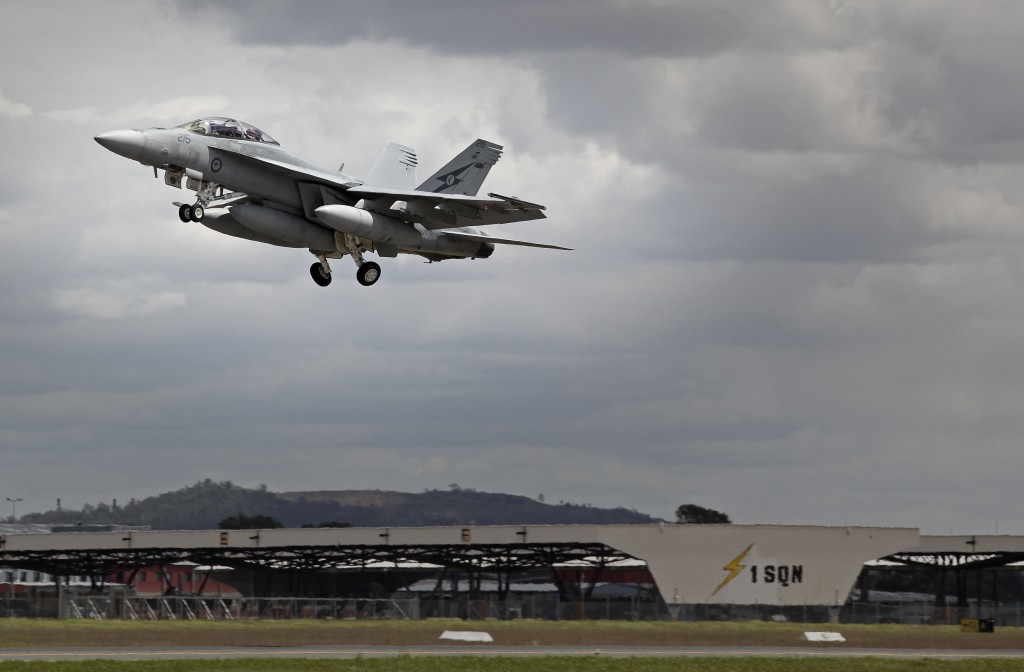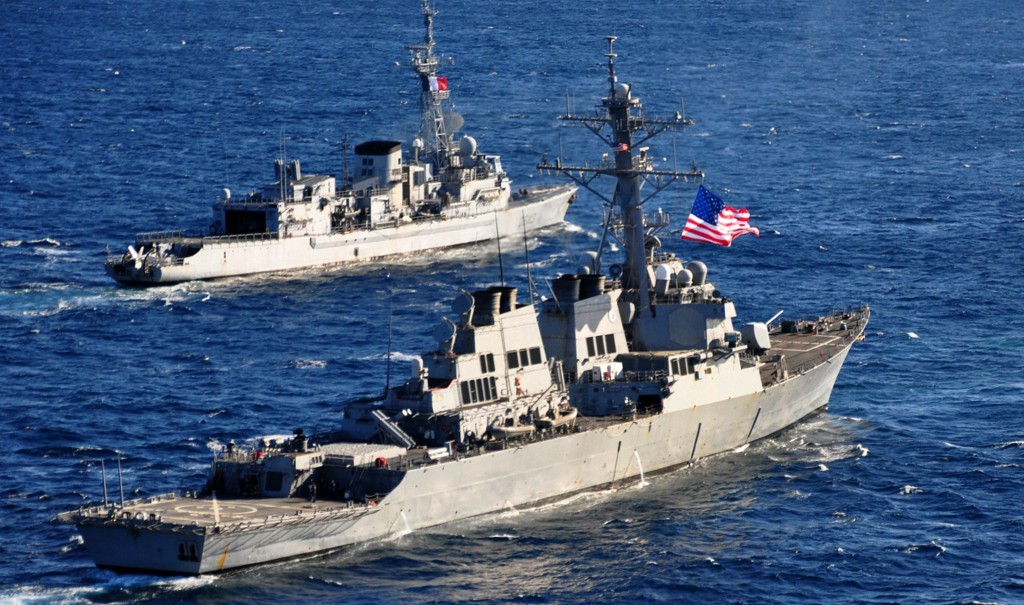The company’s crackdown on fake accounts caused a stir in some regional countries, but the expanding use of encrypted messaging platforms may say more about the people’s sentiment toward their leaders. When Twitter purged millions of fake accounts on July 13, Saudi Arabia seized on the incident as an opportunity to embarrass its rival Qatar.… Keep reading →
CIA
The Twitter Purge And Digital Diplomacy In The Middle East
By Samuel NorthupSign up and get Breaking Energy news in your inbox.
We will never sell or share your information without your consent. See our privacy policy.Despite the end of CIA support to the rebels, Washington can still counter the Islamic State by coordinating more deeply with Israel and Jordan, and by managing other regional actors. In July 2017, the Trump administration ended the four-year-old CIA program that provided direct assistance, in the form of salaries and arms, to various Syrian… Keep reading →

The Arab Awakening and Iran’s continued pursuit of a nuclear program dominated the conversation in the Middle East in 2011. But a longer view calls for greater attention to a seemingly obscure but potentially pivotal issue: the discovery of large natural gas deposits in the Eastern Mediterranean, known as the Leviathan Basin. Shared economic interests should compel the nations of the Middle East and Europe to set aside their differences and quickly exploit Leviathan. But as tensions among the United States, Israel, and Iran increase and unrest in the region persists, this valuable resource could become a casualty – or even driver – of an international row, scuttling a key opportunity for European and global energy consumers.
When a US energy company discovered new areas of the Leviathan basin between Israel and Cyprus in mid-2011, regional players weighed in decisively. Turkey deployed a naval mission to explore deposits in the waters off Turkish Cyprus. A demonstration of Turkey’s discomfort with a closer relationship between Israel and Cyprus, this alone nearly sparked a conflict between Israel and Turkey. Iran also weighed in, offering to help Lebanon explore its own waters and supporting Lebanon’s claim that parts of the basin lay within its territory. The US quickly sided with Israel and Cyprus, creating the appearance of further Turkish alignment with Iran and a division between two diametrically opposed camps. Keep reading →


